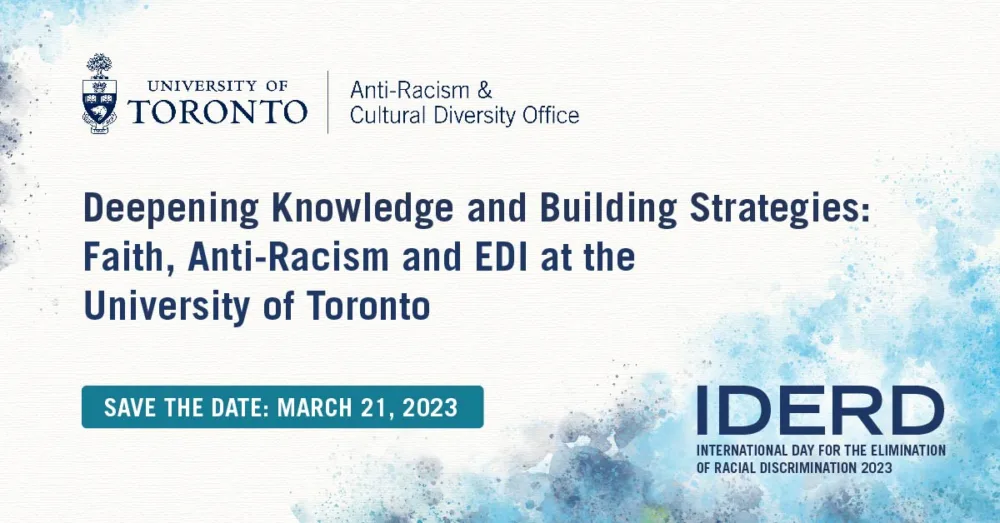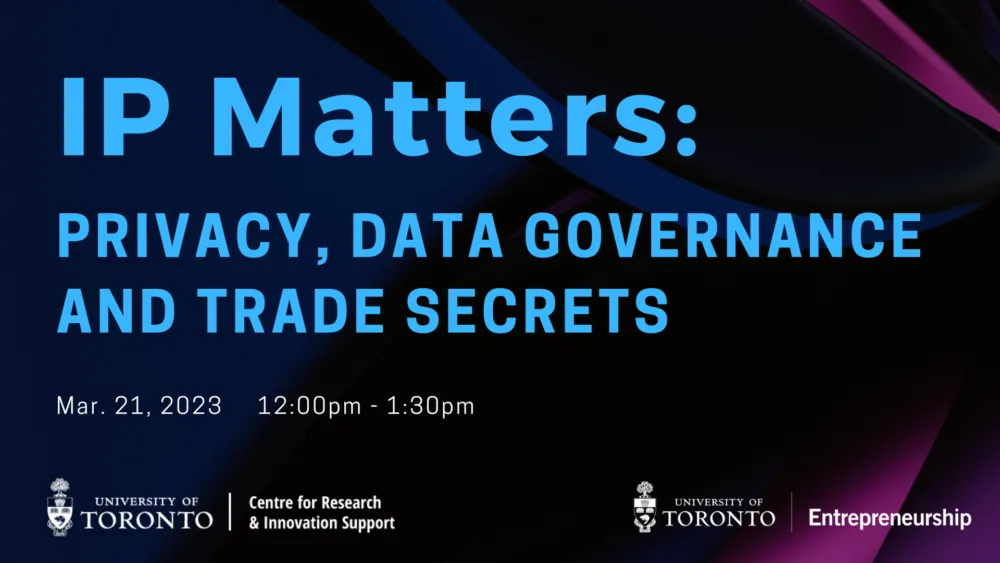Getting Started with Intermediate R (In-Person)
Do you want to develop your R skills to advance your data science skills? R is a popular open-source statistical programming language that is popular in academia and industry. This workshop gently introduces users to intermediate level tools in R including the dplyr package for data manipulation, if statements, for loops, functions and the ggplot2 […]



